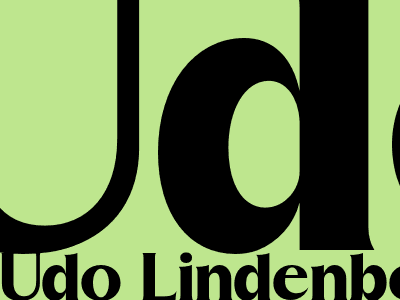
Udo Lindenberg's "Sonderzug nach Pankow" is censored
The East German authorities have banned Udo Lindenberg's song "Sonderzug nach Pankow" because of its critical lyrics.
The song, which was released in 1973, tells the story of a train journey from West Germany to East Germany. The lyrics criticize the East German government's policies and restrictions on freedom of expression.
The ban on the song has sparked outrage in West Germany, and Lindenberg has been accused of being a traitor by the East German government.
The song has become a symbol of the struggle for freedom of expression in East Germany, and it has been performed by many other artists, including Joan Baez and Bob Dylan.
In 1983, the East German government finally lifted the ban on the song, and it was released in East Germany for the first time.
The ban on "Sonderzug nach Pankow" is a reminder of the importance of freedom of expression, and it is a testament to the power of music to challenge authority.
Background:
- Udo Lindenberg is a German singer-songwriter who has been active since the 1970s.
- "Sonderzug nach Pankow" is one of Lindenberg's most famous songs, and it has become a symbol of the struggle for freedom of expression in East Germany.
- The song was banned in East Germany from 1973 to 1983 because of its critical lyrics.
- The ban on the song sparked outrage in West Germany, and Lindenberg was accused of being a traitor by the East German government.
Analysis:
The ban on "Sonderzug nach Pankow" is a reminder of the importance of freedom of expression. The song's lyrics criticize the East German government's policies and restrictions on freedom of expression, and the ban on the song was an attempt to silence dissent. However, the song has become a symbol of the struggle for freedom of expression in East Germany, and it has been performed by many other artists, including Joan Baez and Bob Dylan.
The ban on "Sonderzug nach Pankow" was lifted in 1983, and the song was finally released in East Germany. This was a significant victory for freedom of expression, and it showed that the East German government was no longer able to suppress dissent. The song remains a popular anthem for freedom of expression, and it is a reminder of the importance of fighting for our rights.